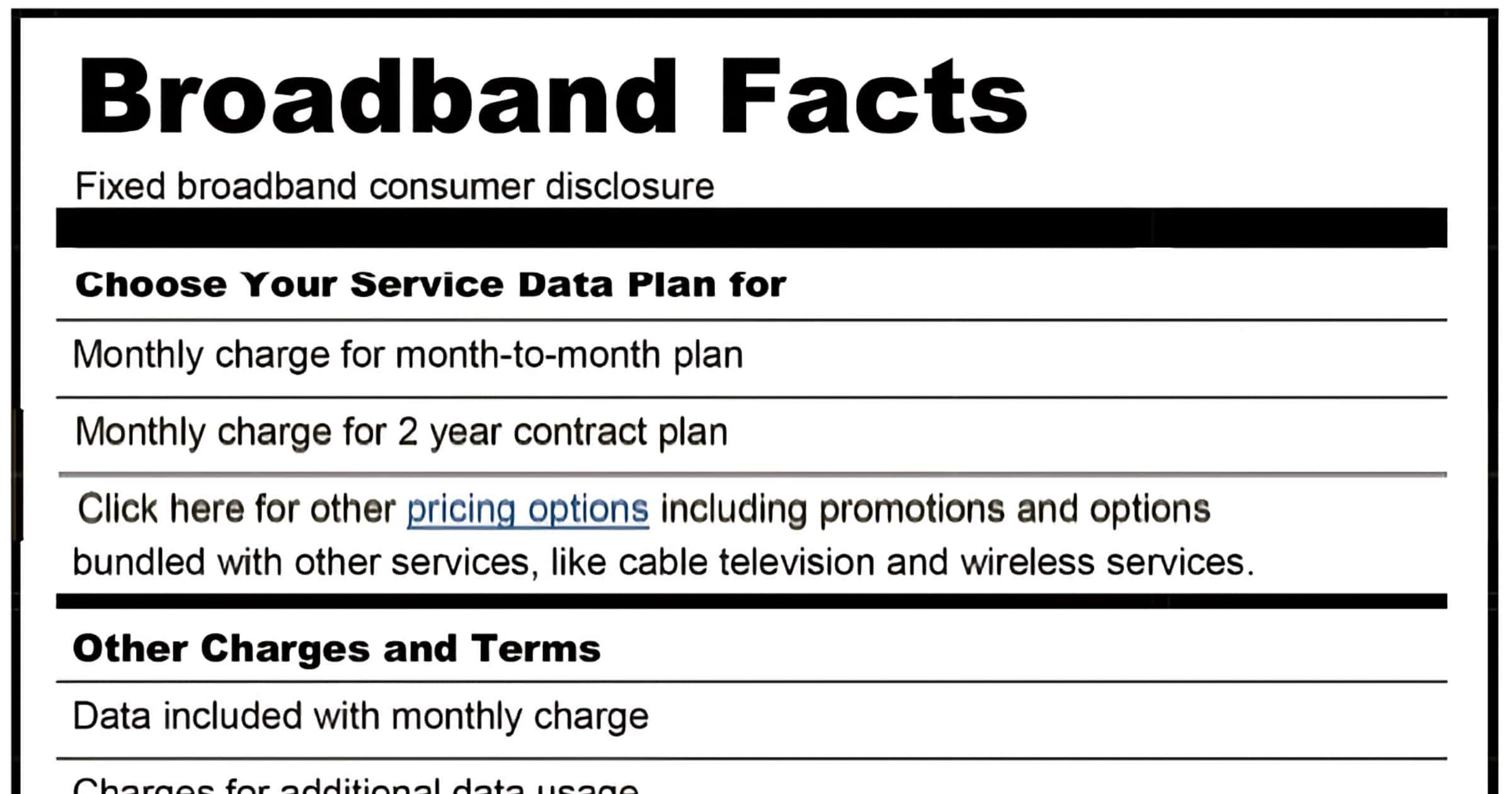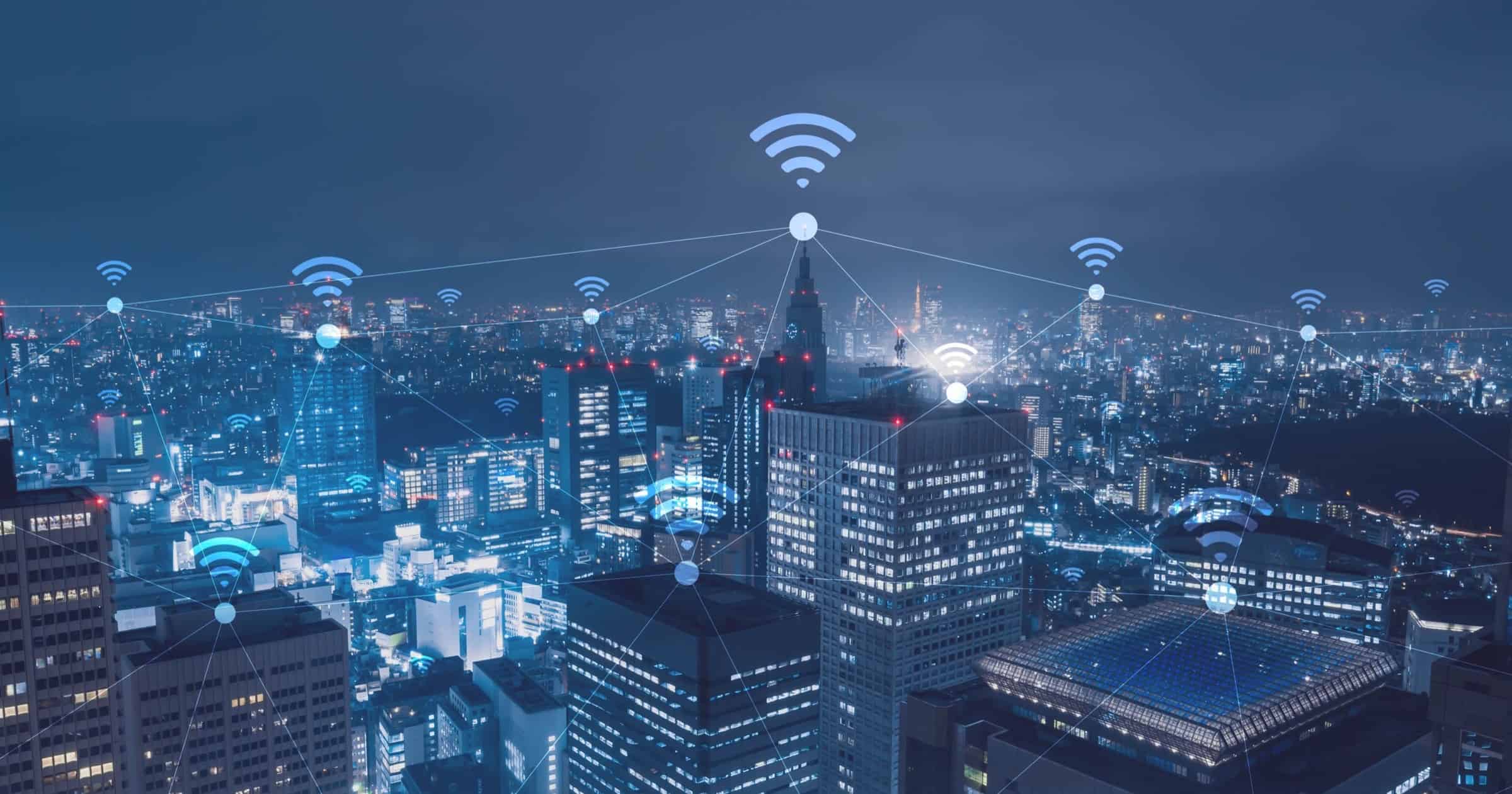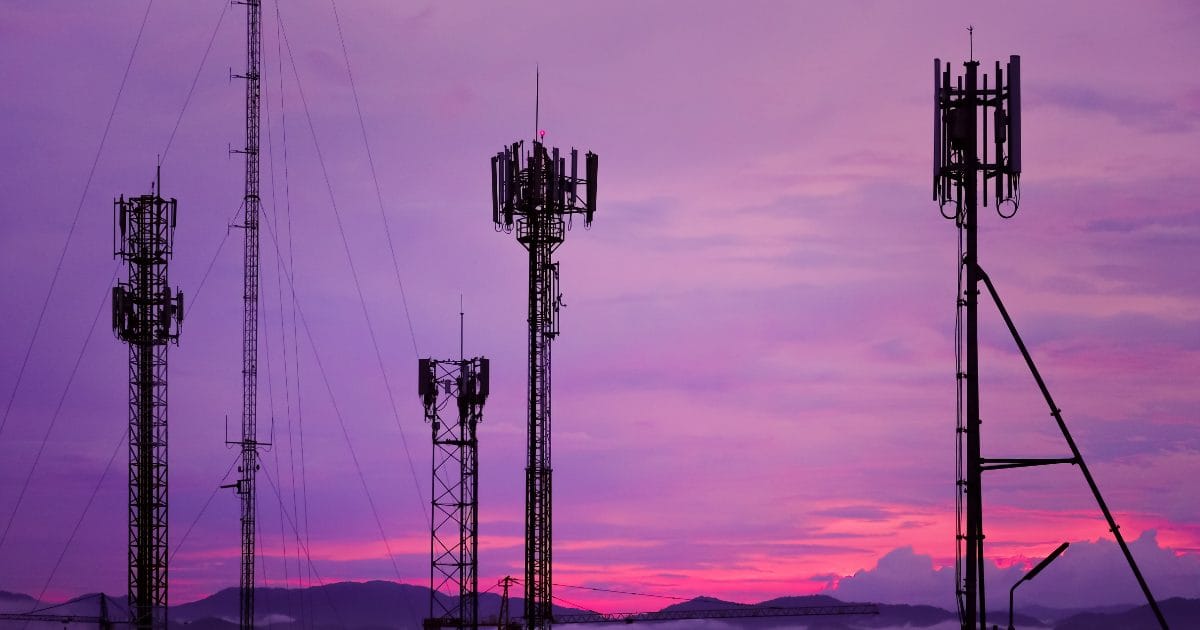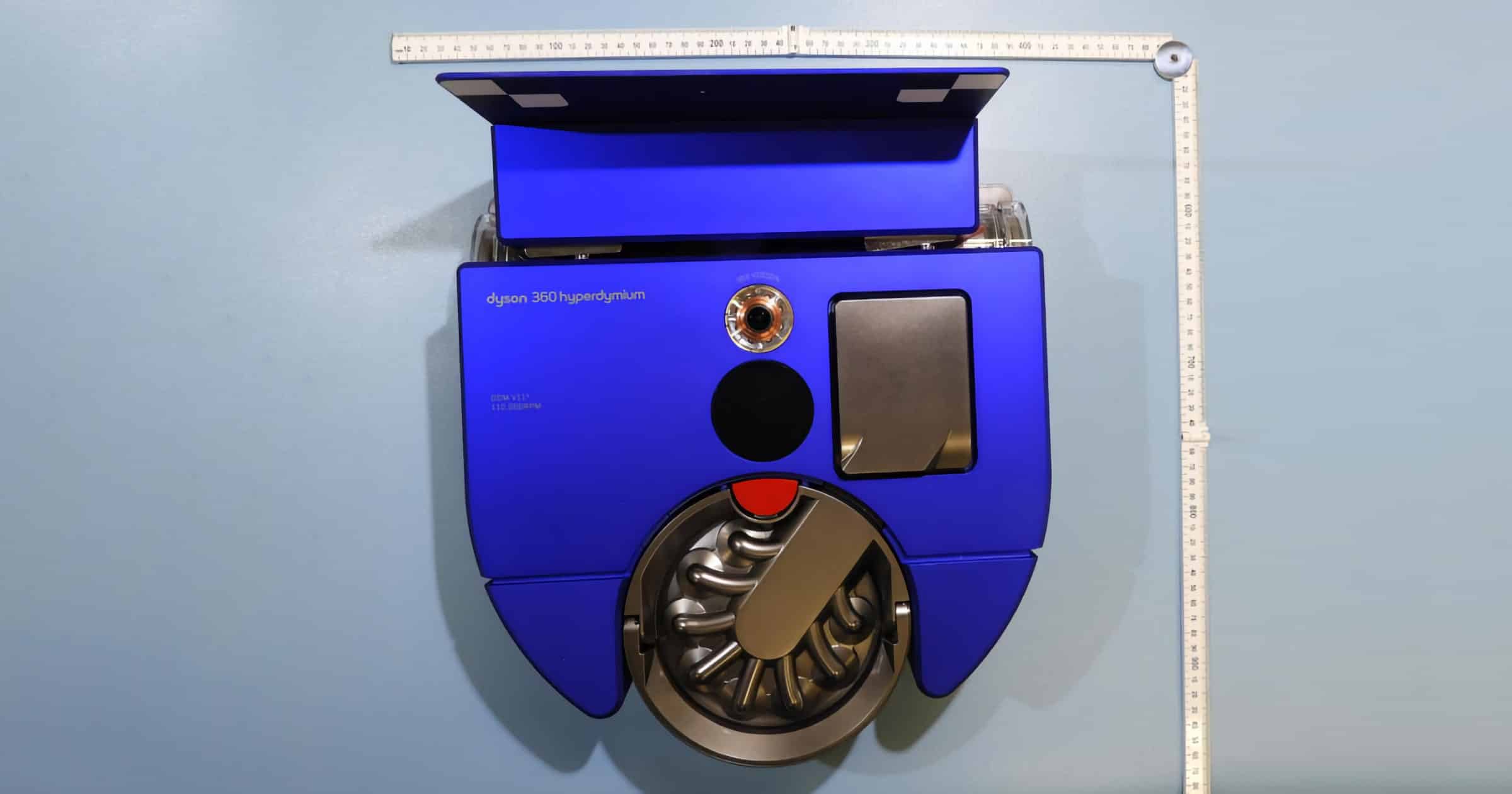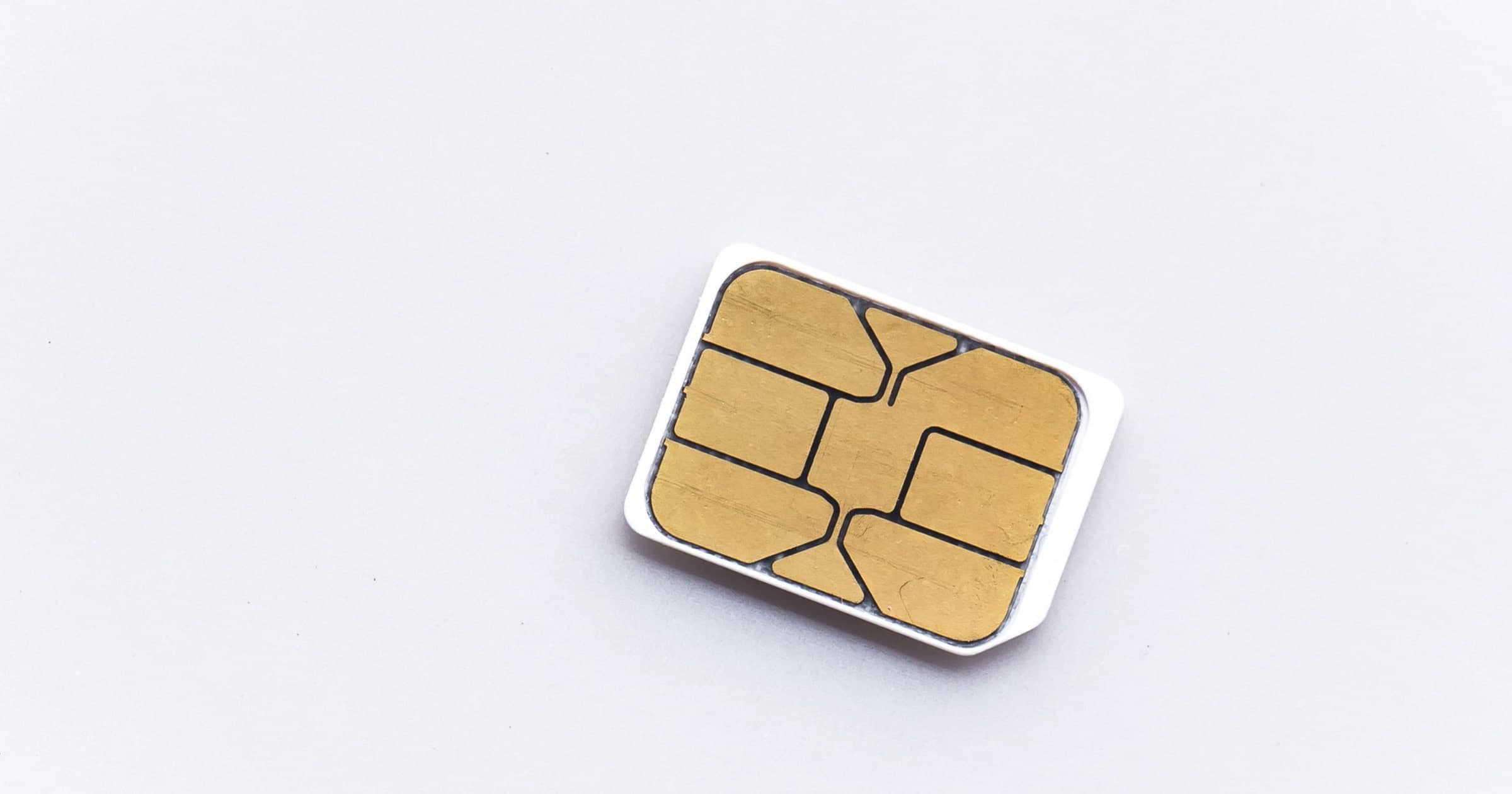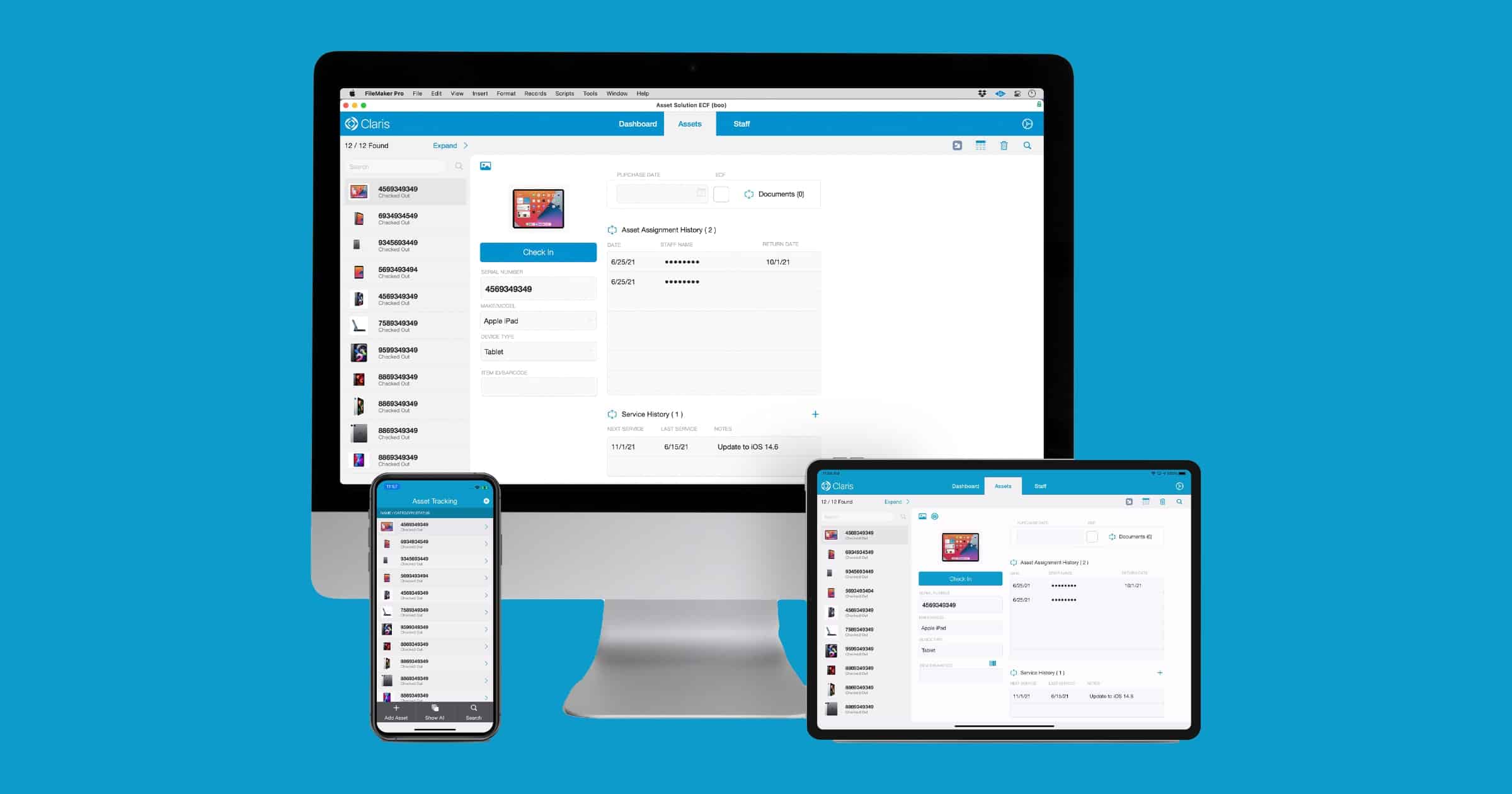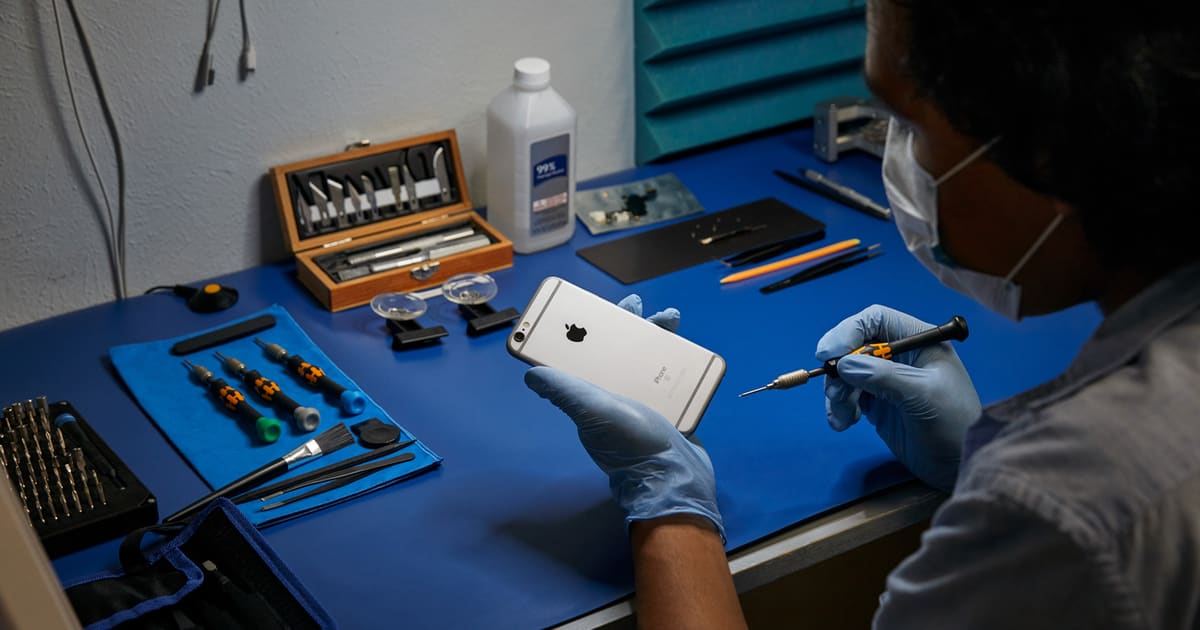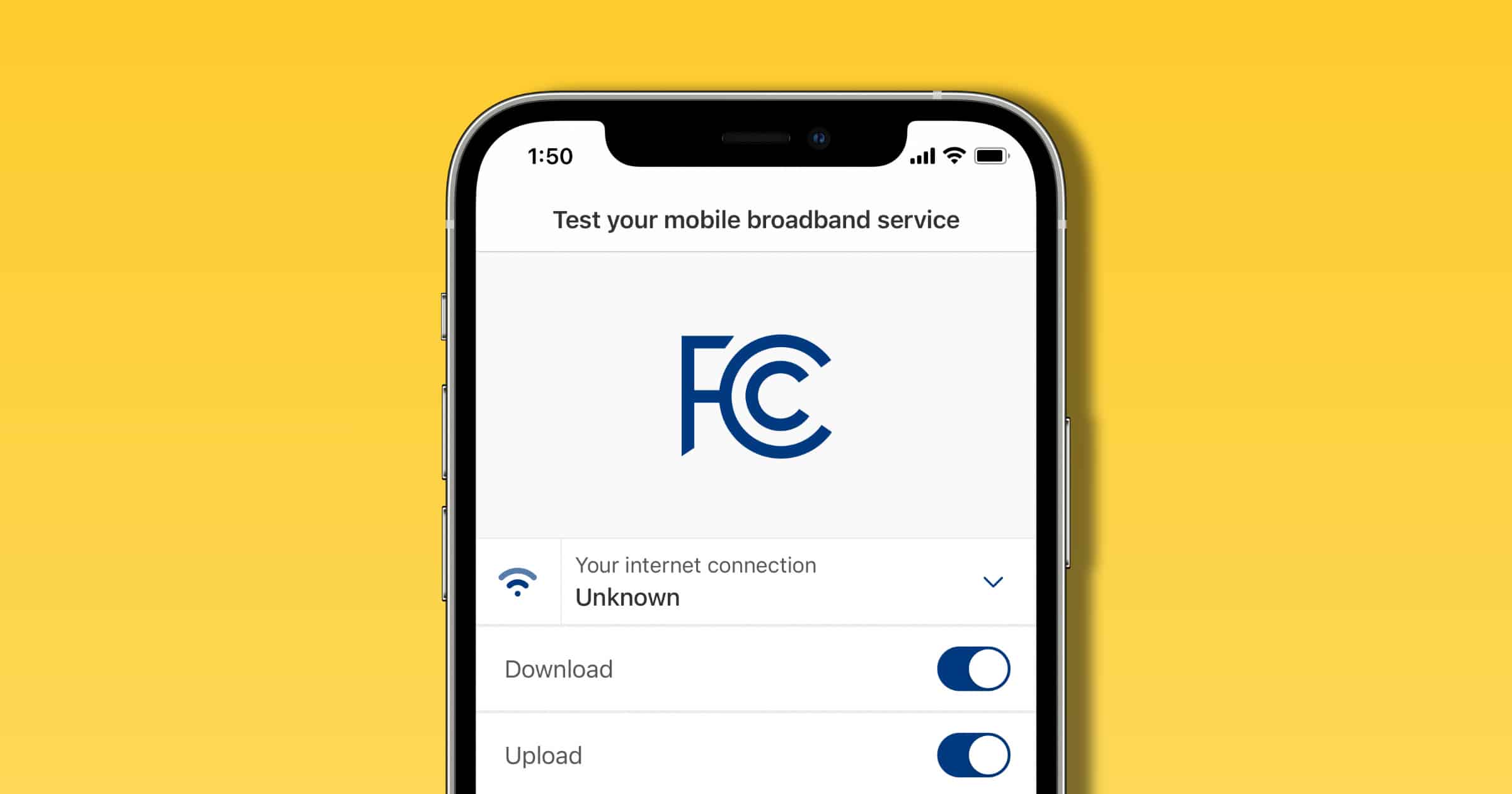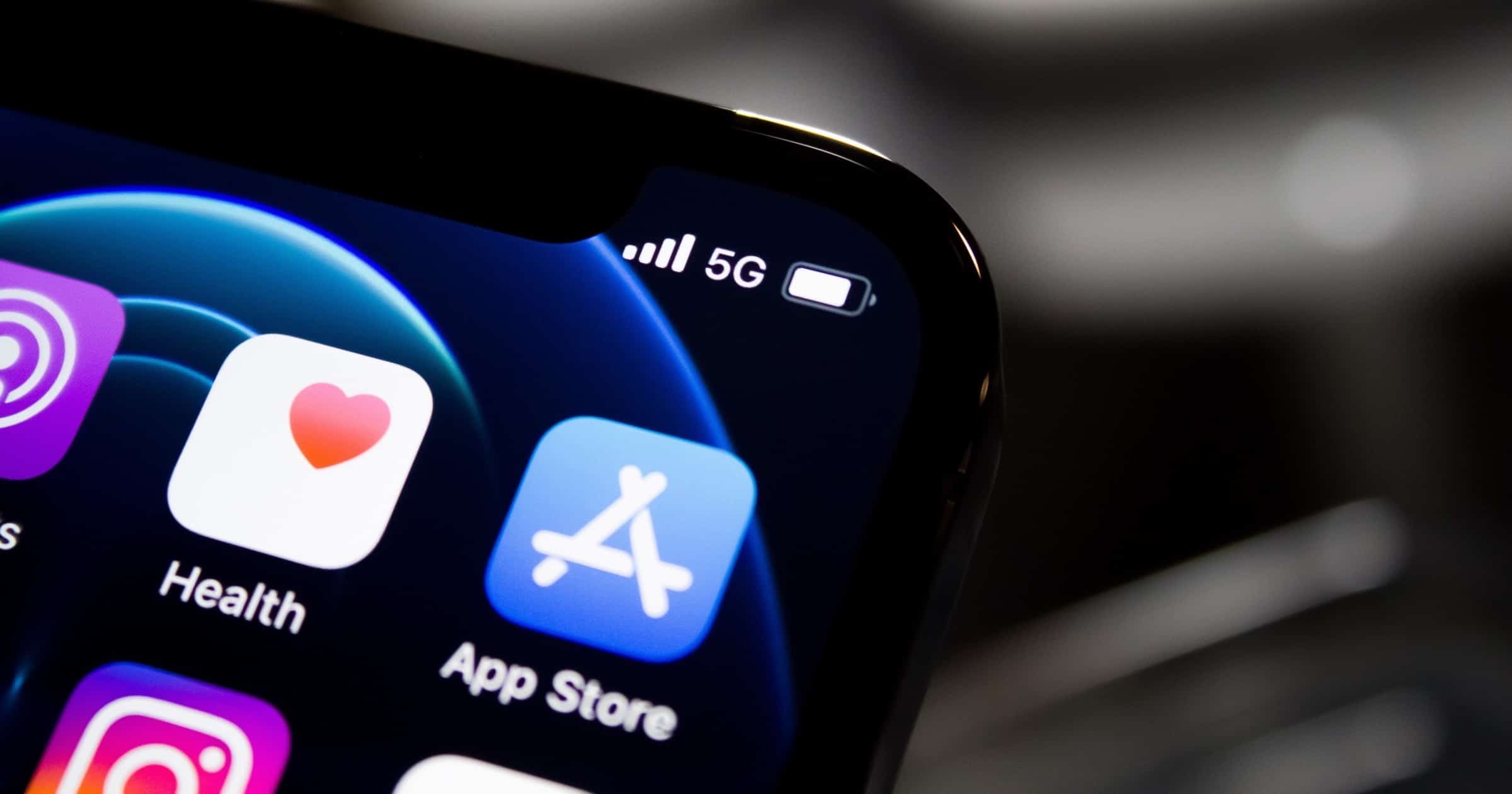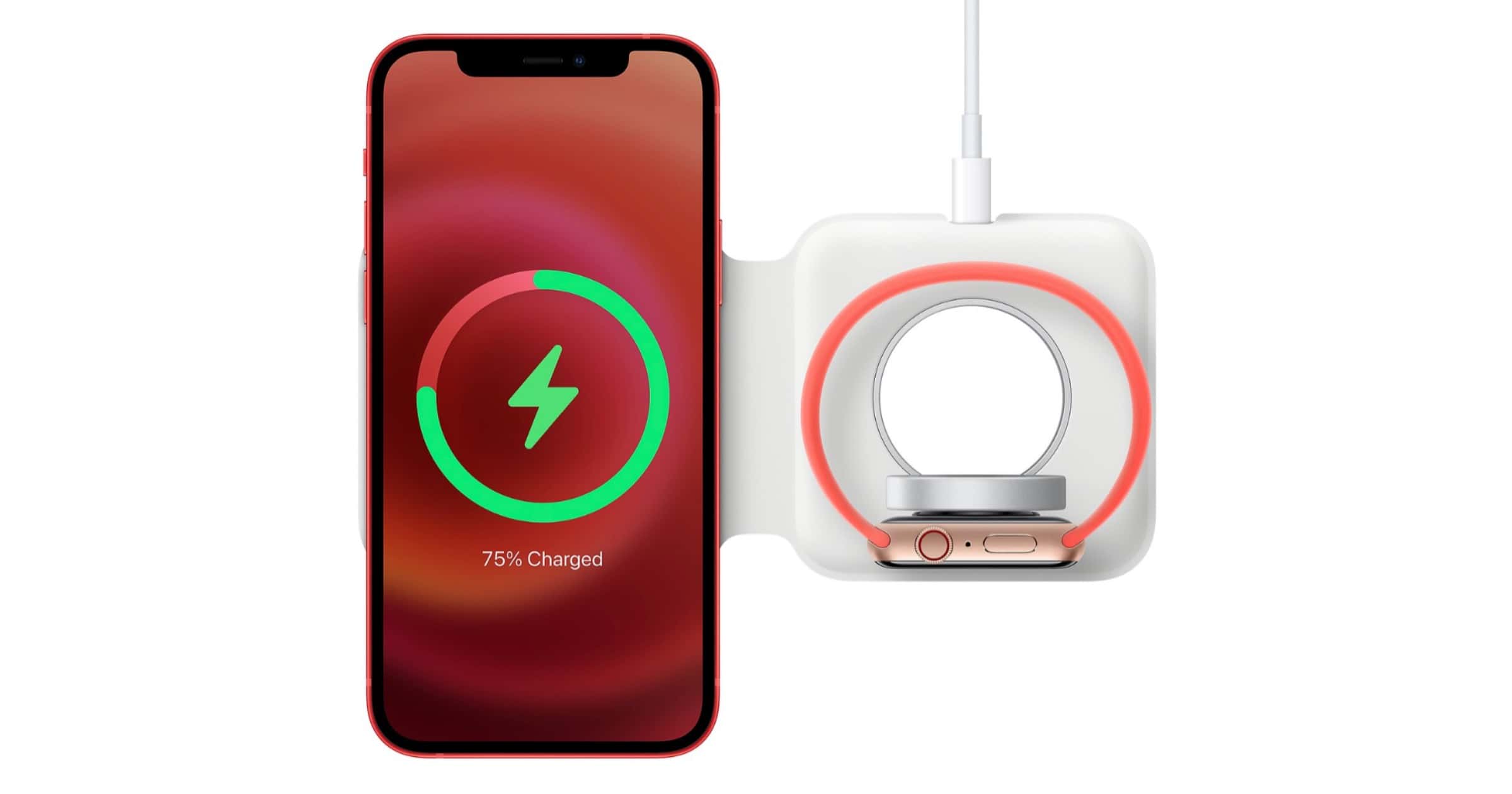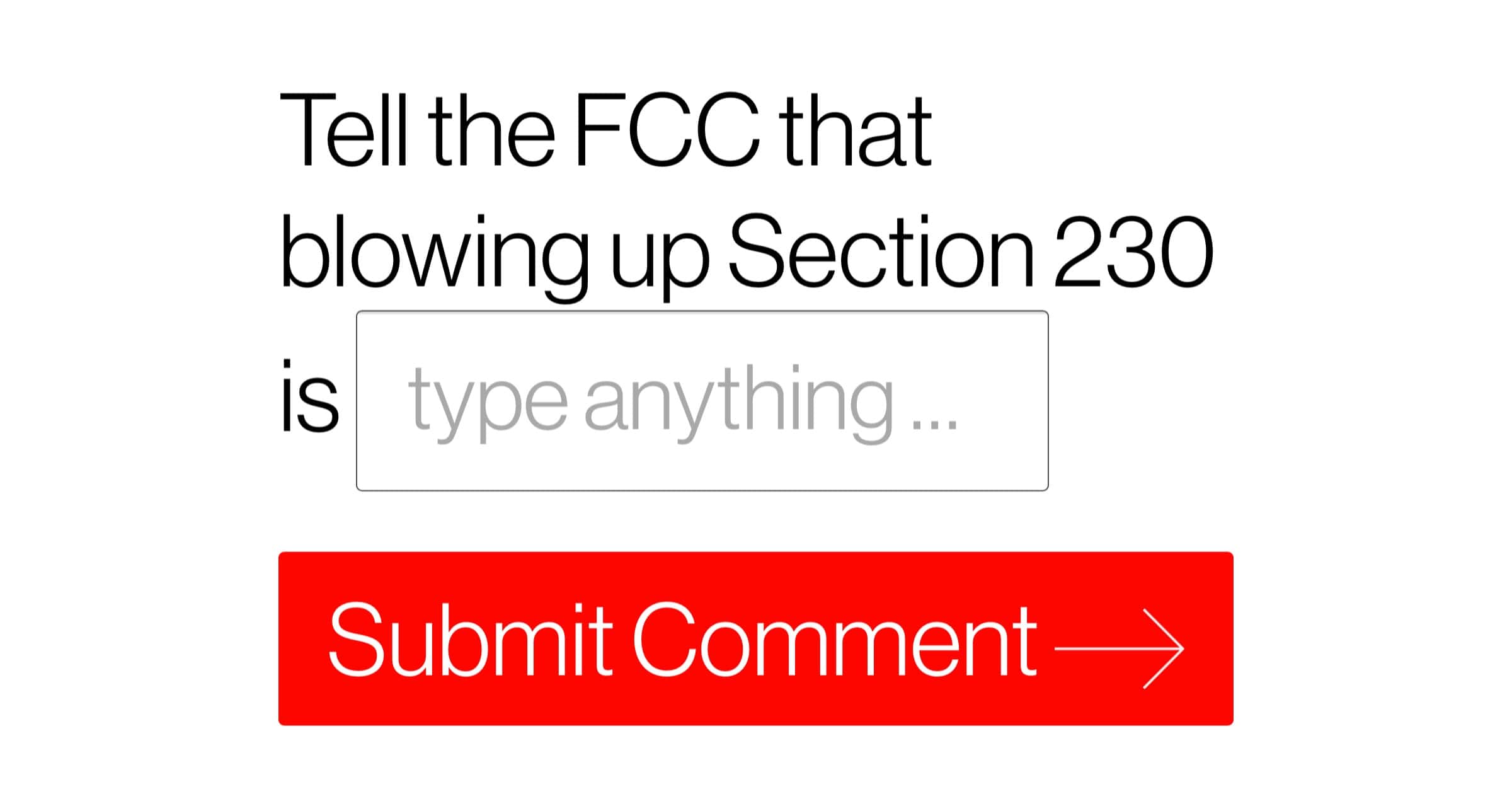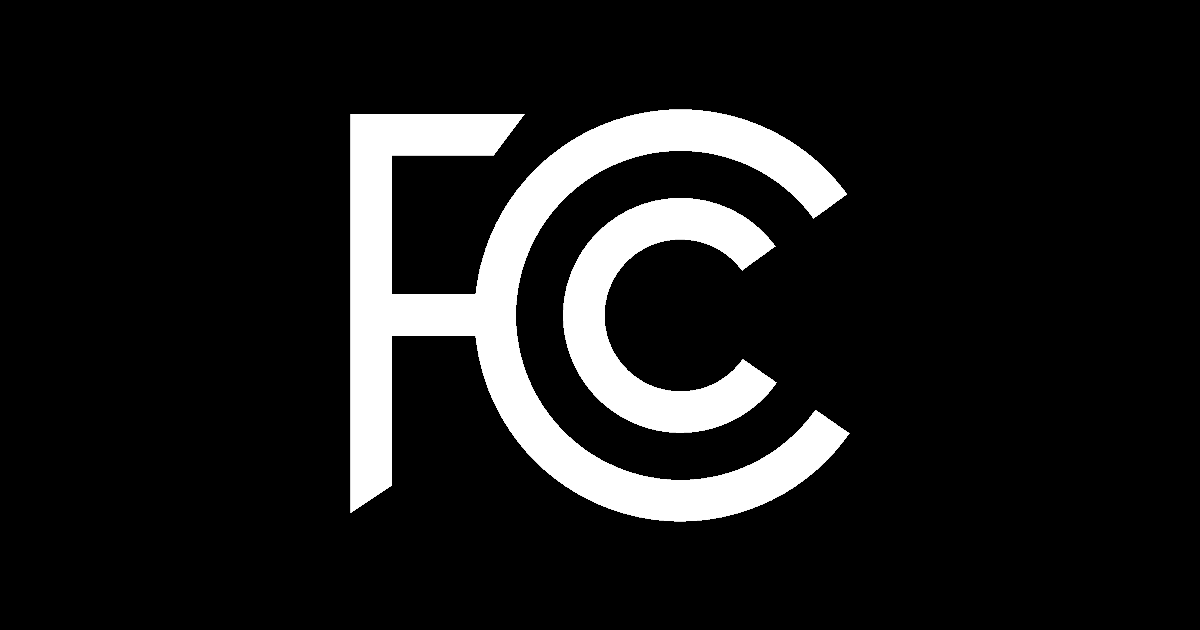The FCC recently approved rules requiring broadband “nutrition labels” to help consumers better understand their internet service plans.
FCC
FCC Commissioner Calls on Apple and Google to Delete TikTok From App Stores
Citing its use to conduct surveillance on Americans, an FCC commissioner says Apple and Google should delete TikTok from their app stores.
FCC Commissioner Pens Letter to Apple CEO Tim Cook In Regard to App Store Censorship in China
FCC commissioner Brendan Carr has penned a letter to Apple CEO Tim Cook stating objections toward’s the company’s approach to China.
FCC Now Requires Broadband Nutrition Labels for Consumers
The FCC will force ISPs to disclose broadband “nutrition labels” to give information on prices, introductory rates, data allowances, broadband speeds, and management practices.
The law directs the Commission “to promulgate regulations to require the display of broadband consumer labels, as described in the Public Notice of the Commission issued on April 4, 2016 (DA 16–357), to disclose to consumers information regarding broadband Internet access service plans.” Id. See also Consumer and Governmental Affairs, Wireline Competition, and Wireless Telecommunications Bureaus Approve Open Internet Broadband Consumer Labels, GN Docket No. 14-28, Public Notice, 31 FCC Rcd 3358 (CGB/WCB/WTB 2016) (2016 Public Notice).
FCC Ruling Opens up to 1,200MHz of Spectrum for Wi-Fi 6E
A ruling by the U.S. Court of Appeals for the District of Columbia Circuit backs an FCC decision to open up to 1,200MHz of spectrum for Wi-Fi 6E.
While Wi-Fi 6 connections make more reliable and efficient use of the same spectrum that’s been in use for the last couple of decades, especially when multiple devices are connected, Wi-Fi 6E routers will work at 2.4GHz and 5GHz plus the new 6GHz band. That has enough room for up to seven maximum capacity Wi-Fi streams to broadcast in the same area at once without interfering with each other or using any existing spectrum.
ISPs in the United States Will Start Destroying Huawei Equipment
Last week the FCC start a reimbursement program to replace equipment from Chinese companies like Huawei and ZTE.
FCC Orders China Telecom Americas Out of the United States
The FCC has revoked and terminated China Telecom America’s services in the U.S., citing Chinese government influence.
FCC Filing Reveal Dyson's Next Robotic Vacuum 'Dyson 360 Hyperdymium'
Dyson is working on its next robotic vacuum and an FCC filing reveals the details, such as new brushless motors.
Branding on the device suggests it will also use Dyson’s new Hyperdymium motors. This is simply Dyson’s name for its latest brushless electric motors, which have appeared in its most recent stick vacuums. It also looks like you can remove part of the internal tubing (picture 4 below) that connects the bin to the brushes. That would be a neat upgrade, as the 360 Heurist had a tendency to clog when vacuuming piles of large debris.
The FCC Proposes Suggestion to Stop SIM Hijacking
The FCC announced a Notice of Proposed Rulemaking to start discussions on ways to stop SIM hijacking.
The FCC’s proposal would update existing Customer Proprietary Network Information (CPNI) and Local Number Portability rules to require wireless carriers adopt secure methods of confirming the customer’s identity before porting out a customer’s phone number to a new device or carrier.
Phone Companies Must Block Carriers That Don't Follow FCC Rules
Phone companies must now block traffic from voice service providers that don’t comply with new FCC robocall rules.
Specifically, phone companies must block traffic from other “voice service providers that have neither certified to implementation of STIR/SHAKEN caller ID authentication standards nor filed a detailed robocall mitigation plan with the FCC.”
Claris Brings 'ECF Records Manager' to K-12 Schools
On Tuesday, Claris International announced the general availability of ECF Records Manager. It’s an app created to help K-12 schools and libraries meet the requirements of a new US$7 billion federal program to support remote learning.
The FCC’s ECF Program provides more than $7 billion in funding to help K-12 schools and libraries address the homework gap by purchasing tools and services that support remote learning. This program also requires schools and libraries to keep specific device or equipment data as well as user, usage and service information and “any and all” records related to applications for funding and reimbursement payments. Required data and documents must be kept for at least 10 years.
FCC Increases Enforcement Efforts Against Right to Repair Violations
On Wednesday the FCC voted to increase law enforcement efforts against violations of Right to Repair laws.
The policy statement adopted today is aimed at manufacturers’ practices that make it extremely difficult for purchasers to repair their products or shop around for other service providers to do it for them. By enforcing against restrictions that violate antitrust or consumer protection laws, the Commission is taking important steps to restore the right to repair.
Amazon Wants to Use Radar to Watch You Sleeping
On Friday the FCC approved [PDF] Amazon’s idea to create a device that uses radar to monitor a person as they sleep.
The use of Radar Sensors in sleep tracking could improve awareness and management of sleep hygiene, which in turn could produce significant health benefits for many Americans. Radar Sensors will allow consumers to recognize potential sleep issues.
That’s a from No Thank You from me.
Here’s When The FCC Emergency Broadband Benefit Program Starts
FCC Acting Chairwoman Jessica Rosenworcel announced the start date of the Emergency Broadband Benefit Program. It starts on May 12 for U.S. residents with low incomes or those who lost income during the pandemic. You can sign up for the program here. Benefits include:
Up to a $50/month discount on your broadband service and associated equipment rentals; Up to a $75/month discount if your household is on qualifying Tribal lands; A one-time discount of up to $100 for a laptop, tablet, or desktop computer (with a co-payment of more than $10 but less than $50)
Measure Your Broadband With New ‘FCC Speed Test App’
As part of its Measuring Broadband America Program, the FCC announced the release of a speed test app. The information collected through the app will help to inform the FCC’s efforts to provide improved coverage information to the public. “We expect that some of the information collected through the app will be incorporated into the Commission’s broadband data collection systems, including challenges to provider-submitted maps and our collection of additional crowdsourced data.”
FCC Readies Next 5G Auction so Service Reaches More Americans
The FCC is preparing a 5G auction that will begin in October. It will offer frequencies that will cover millions of more Americans.
FCC Approves Apple’s MagSafe Duo Charger
The FCC has approved Apple’s new MagSafe Duo charger, and it’s likely we’ll see it released by the end of the year.
FCC Tests Eero Wi-Fi 6 Mesh Routers WIth BTLE, Zigbee
The FCC has been testing Eero’s Wi-Fi 6 mesh routers. Not much is known about these devices, including a launch date, but it appears that these products will have Bluetooth Low Energy and Zigbee to enable smart home automation connectivity.
Although the underside diagram for Gateway and Extender is shaped somewhat like the second-generation Beacon design, we don’t see any plugs shown—so it seems unlikely that they will be wall-wart designs like the Beacon’s or like Eero competitor Plume. We expect the new generation of devices will likely be desktop-style designs, with external power supplies.
Fight For The Future Launches ‘Save Online Free Speech’ Campaign
Digital rights group Fight for the Future has launched a new campaign to save online free speech. The goal is to stop an executive order that would “gut Section 230 of the Communications Decency Act, put the FCC and FTC in charge of policing online speech, and open the floodgates for widespread Internet censorship.”
The page allows visitors to easily submit a comment to the FCC opposing the executive order and similarly misguided proposals to gut Section 230, by filling out a form and selecting from a dropdown menu of humorous adjectives describing the order, such as “ass-backwards,” “despicable,” and “legally unsound.”
Update: Andrew Orr discussed this article on Security Friday.
Team Telecom Wants FCC to Stop Part of a Undersea Cable Over China Fears
Team Telcom is calling on the FCC to cancel part of an undersea cable that links Los Angeles to Hong Kong over Chinese spying fears.
New FCC Require Carriers to Authenticate Calls With STIR/SHAKEN
FCC Chairman Ajit Pai proposed new rules today that would require companies to authenticate calls with the STIR/SHAKEN protocol.
Carriers Could be Fined $200M For Selling Location Data
The FCC is preparing to fine four major cellular carriers roughly US$200 million for selling location data of customers.
FCC Forced to Get Public Opinion on Net Neutrality
A court order is forcing the FCC to once again ask the public’s opinion on whether gutting net neutrality was a good idea. And just like last time, the agency is doing everything possible to distract, deflect, and defend.
In a reminder of just how petty federal telecoms regulation has become, the FCC can’t even take this implicit rebuke professionally. And so it attempted to hide the reality of the situation by flooding its announcements website on Wednesday with suddenly important news and describing the public comment period in the most obscure terms possible.
FCC Unsure Whether to Punish Carriers for Selling Location Data
Two years ago we found out that US carriers were selling real-time location data of its customers. The FCC has wrapped up its investigation, and maybe it will punish the carriers…or maybe not. Who knows? Chairman Ajit Pai doesn’t.
Pai’s statement went on: “Accordingly, in the coming days, I intend to circulate to my fellow Commissioners for their consideration one or more Notice(s) of Apparent Liability for Forfeiture in connection with the apparent violation(s). We are unable to provide additional information about any pending enforcement action(s) beyond what is stated in the letter.”
If that seems unusual vague: that “one or more” mobile operators “apparently violated” the law by selling location data, you’re not the only one.



